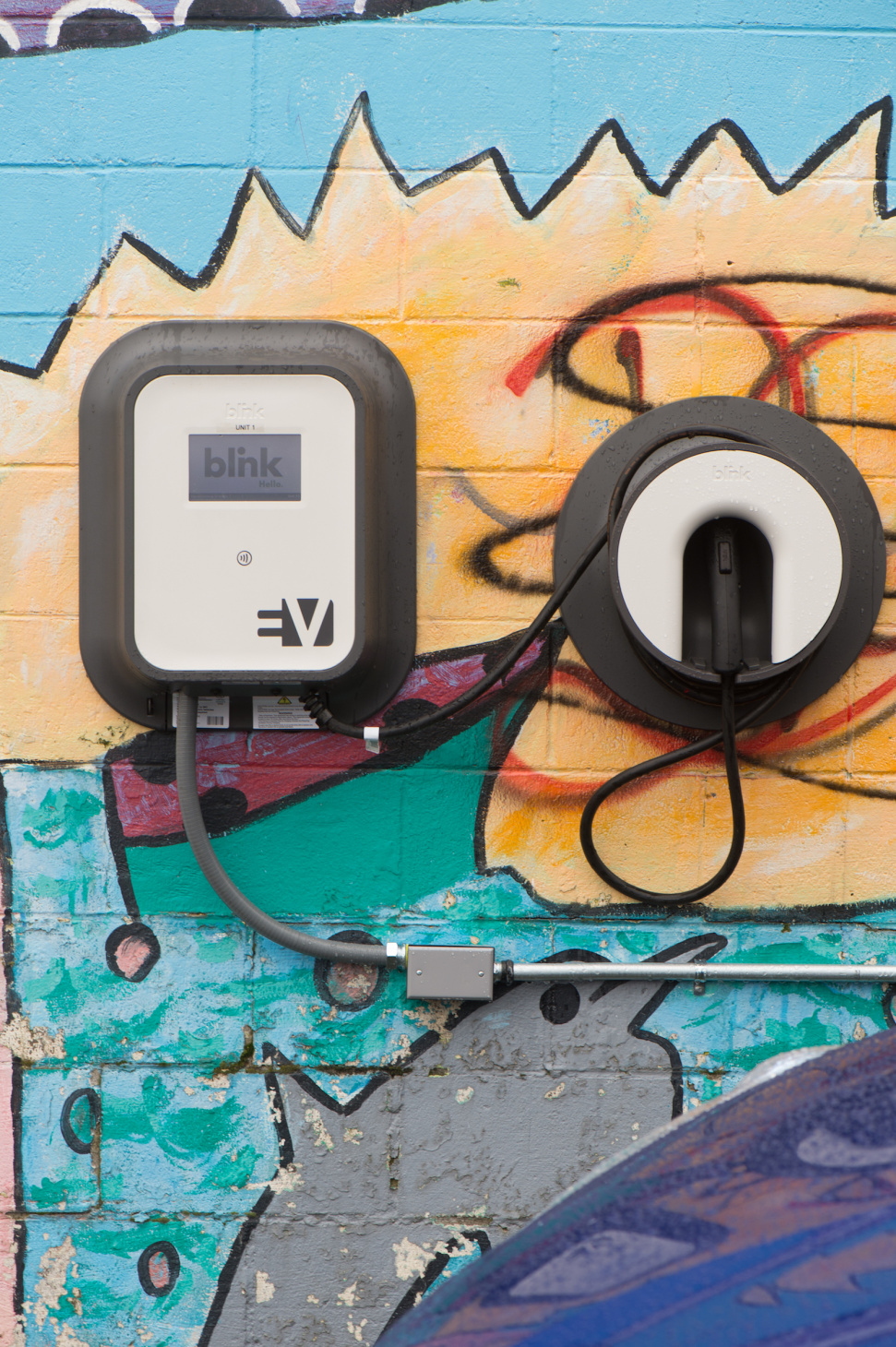
Making Electric & Smart Mobility Work For Underserved Communities
By: Forth
Forth’s February Networking event focused on recent efforts to evaluate and improve transportation equity in the greater Portland metro area.
Vivian Satterfield, Deputy Director of OPAL Environmental Justice shared findings from a survey recently conducted to assess the perceived benefits and burdens of shared mobility among two targeted groups: persons identifying as from low-income communities or as a person of color. Focus groups were polled to determine a set of survey questions that were then administered in-person and online over a two month period.
Out of the responses from nearly 300 survey respondents, there were two main barriers to access that were identified. Documentation is a big obstacle to being able to use shared mobility, as many programs require drivers licenses and credit cards. Another barrier to access is the type of housing respondents live in. Because the targeted population groups are more likely to live in multi-family units, it is more difficult to have access to a garage to install charging stations. Although most of the respondents had smartphones, most of them were not using mobility apps on them.
Ira Dixon, Program Manager of the Community Cycling Center (CCC), gave a synopsis of CCC and Forth’s joint electric bike project with GenZe. Beginning last summer, three cohorts of 10 participants were given the use of an e-bike, along with training and safety equipment, for 10 weeks. The goal of the program was to broaden access to e-bikes, especially to license-challenged and older populations. Some of the lessons learned from the program included a general consensus that the bikes were too heavy, and that the appearance of the bikes was too flashy and expensive and thus a target for theft. Several participants had positive experiences and one participant got a job promotion because using an e-bike decreased commuting time and the participant was able to put more hours in at work!
The most important takeaway from both the survey respondents and e-bike participants is that they have been surveyed about mobility options from several different organizations and are ready to see substantive changes in Portland's transportation system.
Vivan's presentation can be viewed here:


